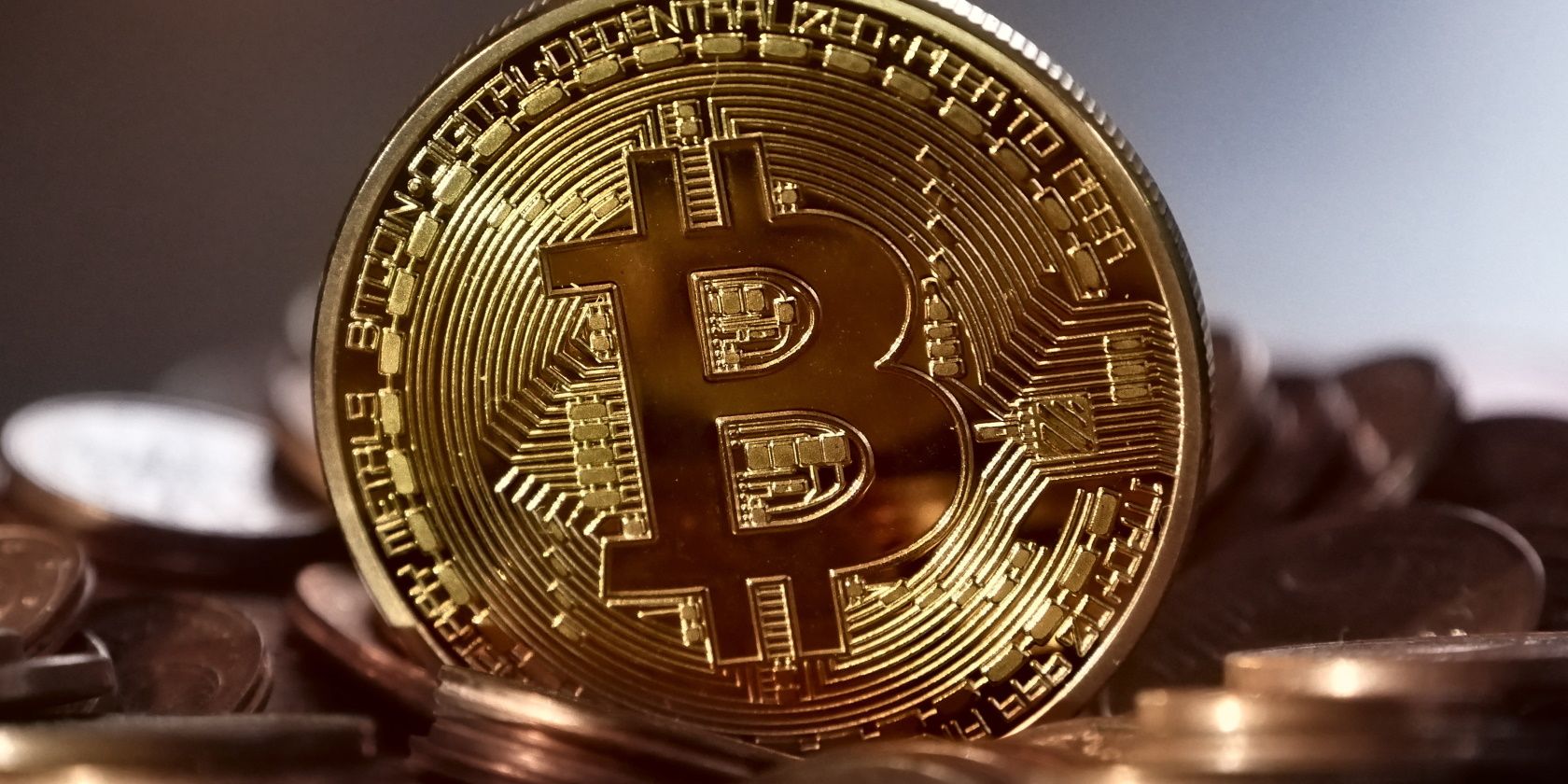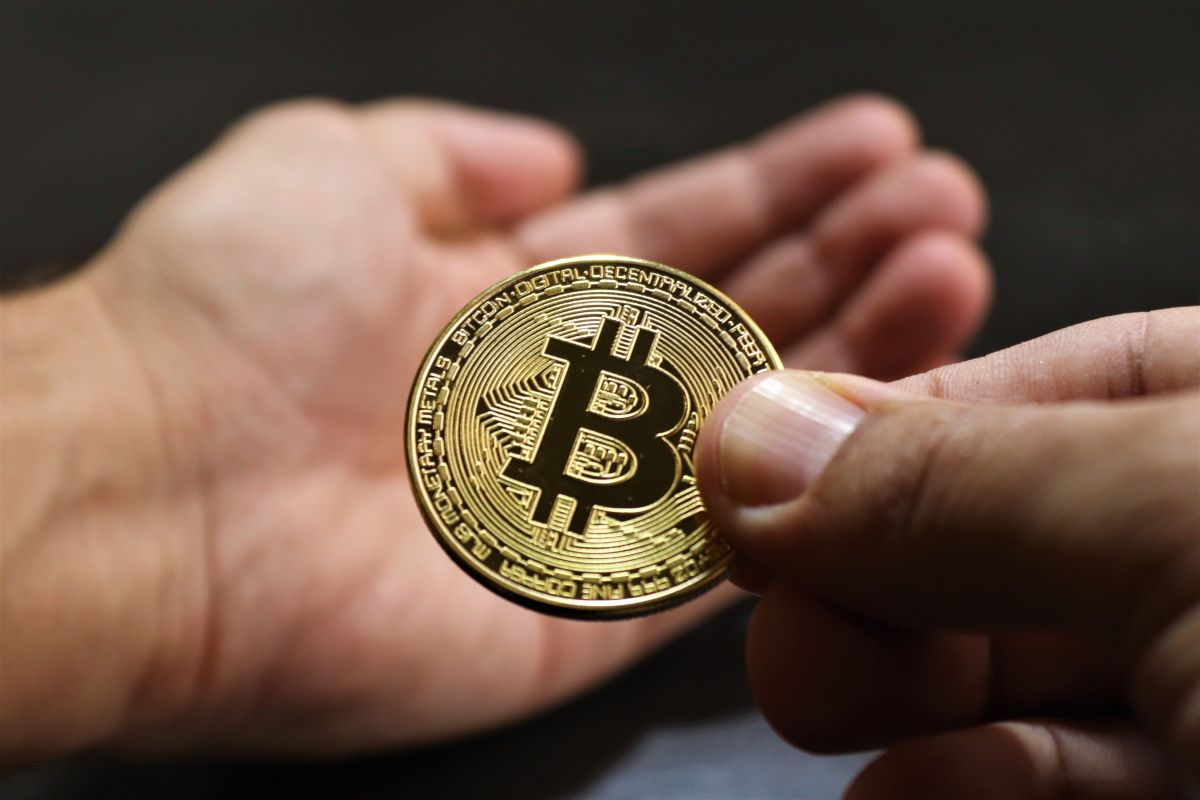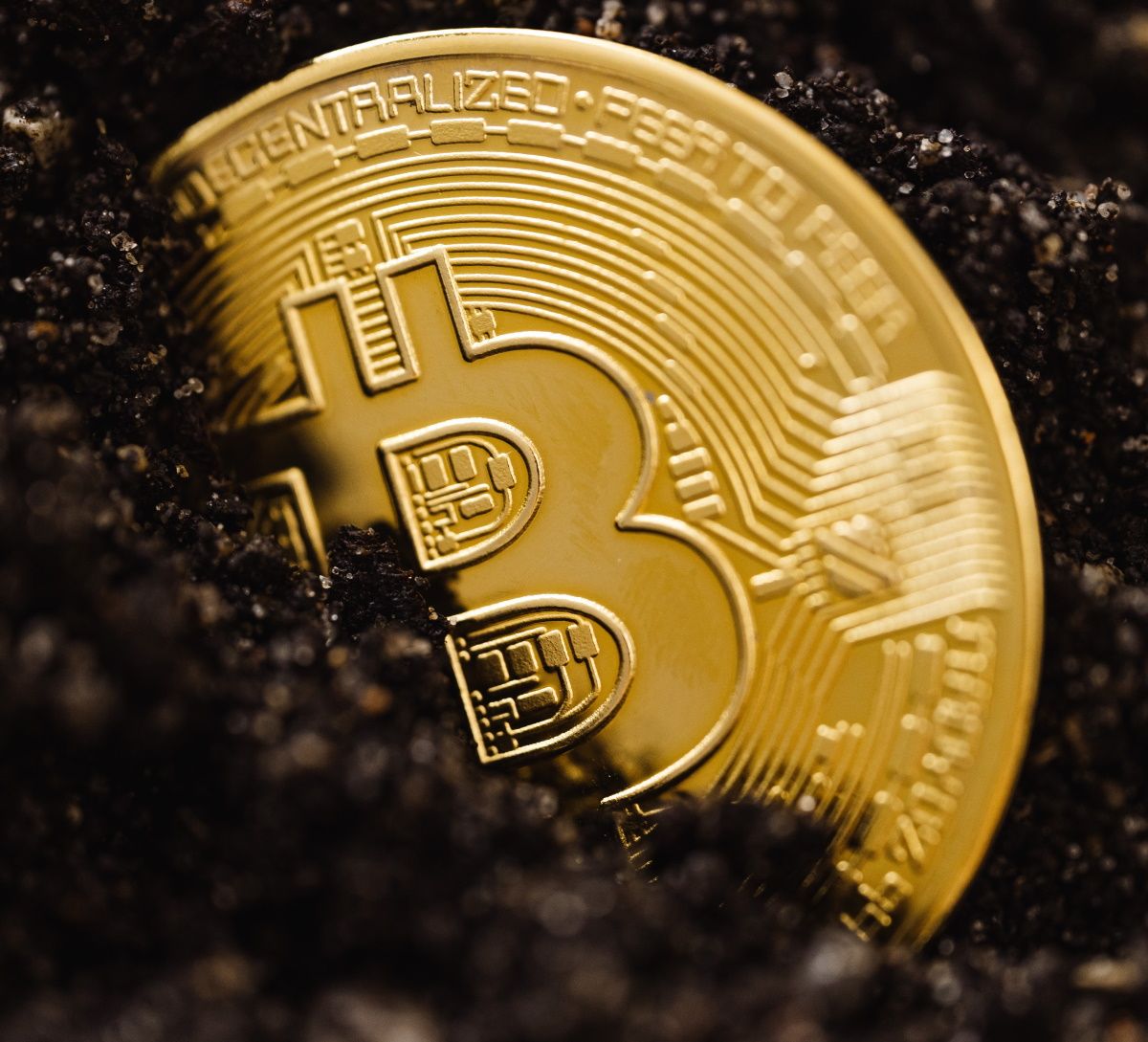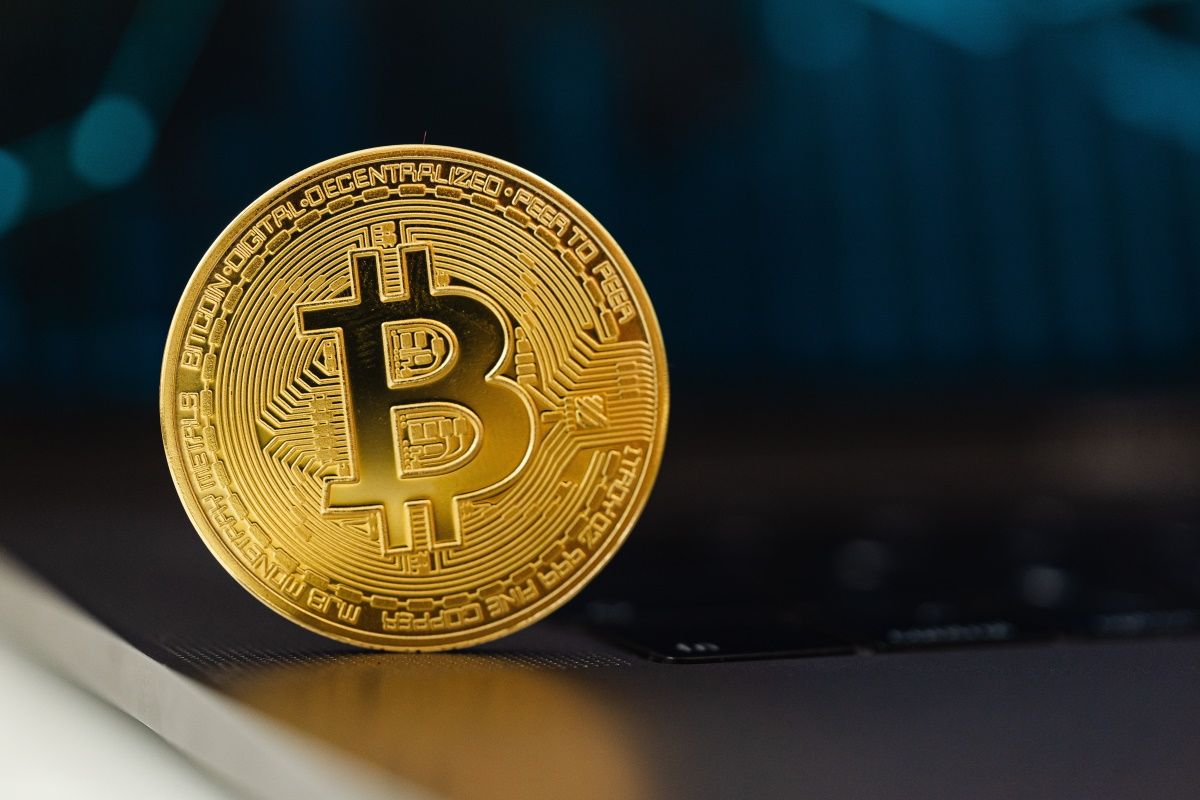Did you know that Bitcoin has a supply limit of 21 million coins?
There is a lot of speculation about Bitcoin creator Satoshi Nakamoto's reasons for limiting Bitcoin's supply. However, most people believe this was his approach to creating a hard electronic currency without inflation.
However, whatever the reasons, other pressing questions arise, such as when will all Bitcoin be mined? Moreover, what will happen to Bitcoin miners once this happens?
Why Is Bitcoin's Supply Limited?
Bitcoin is similar to gold in at least a couple of ways. It has a stipulation built into its source code that it must have a finite supply, which means both Bitcoin and gold are limited resources. For this reason, only 21 million Bitcoin can ever be in circulation.
Also, like gold, Bitcoin cannot be created out of the blue. It takes some work to extract. The difference, of course, is that Bitcoins are mined through computational means rather than being physically dug out of the earth.
Bitcoin mining requires the solving of highly complex mathematical equations. These equations are cryptographic, with one alphanumeric string, known as the target hash, holding the key to solving each problem. A target hash starts with a string of zeros and is then followed by random letters and numbers, e.g., 00000000000000006FCAq...
Bitcoin mining requires incredibly powerful hardware designed specifically for one use. ASIC miners solve the aforementioned equations to find the linking target hash, and when they do, the miner receives a Bitcoin block reward—but more on these and their importance to the Bitcoin network in a moment.
All 21 Million Bitcoins Have Already Been Issued
Miners do not "create" any new Bitcoins, even if it seems like they do. In reality, Satoshi Nakamoto issued all 21 million Bitcoins when he launched Bitcoin in January 2009.
The actual role of a miner is to secure the network and process Bitcoin transactions. Every 10 minutes, a successful miner discovers a new block by solving a cryptographic puzzle and is allowed to add it to the Bitcoin blockchain.
Blocks work as ledgers and are filled with Bitcoin transactions waiting to be processed. For this service, miners get automatically paid in the form of fresh Bitcoins and transaction fees.
When Will All Bitcoins Be Mined?
In the release announcement of Bitcoin V.0.1, Satoshi Nakamoto made a unilateral offer to anyone willing to fulfill his agreement to distribute them. As long as miners played by Bitcoin's rules in helping secure the network and processing Bitcoin transactions, they would be rewarded in the form of Bitcoins and transaction fees.
The Bitcoin whitepaper stipulated the rate at which miners would be awarded Bitcoins for their work, stating that the said rate would be halved every four years until all Bitcoins were mined. It concluded that once Bitcoin's supply ran out, the reward system could be replaced by transaction fees.
When Bitcoin was launched, miners gained a reward of 50 Bitcoins for every newly discovered block. This was halved to 25 Bitcoins in 2012 and again to 12.5 Bitcoins in 2016.
As of 2021, miners gain 6.25 Bitcoins for every new block. However, in 2024, the Bitcoin mining reward will drop to 3.125 Bitcoins per mined block. At this rate—with the Bitcoin block reward reducing after every 210,000 blocks—the last Bitcoin won't be mined until around 2140.
However, quirks of the Bitcoin network and the way it rounds numbers mean that, weirdly enough, Bitcoin likely won't ever reach the nice round number of precisely 21 million. When Bitcoin gets close to 21 million, it'll likely end up a few decimal points short of the exact number.
What Will Happen to Miners Once All 21 Bitcoins Are Mined?
Bitcoin's finite supply of 21 million, coupled with the network's reliance on miners to function, concerns most Bitcoin users and enthusiasts. This is mainly because miners' main incentive to function as verifying nodes is the Bitcoin rewards.
Satoshi already provided a solution to the problem in Bitcoin's announcement release. As mentioned, once the Bitcoin supply runs dry, the reward system will use just transaction fees. Currently, Bitcoin miners receive transaction fees on top of any Bitcoin block mining reward, contributing to Bitcoin's popularity. It also helps to keep the Bitcoin network secure.
However, when all 21 million Bitcoins have been mined, Bitcoin miners may decide to push transaction fees higher to account for some of the earnings lost at the end of the block reward. That said, that doesn't entirely acknowledge that by that time, the Bitcoin block reward will be minute. If Bitcoin continues at its current halving rate, the 2032 halving will reduce the figure to 0.78125, and in 2036 it will drop to 0.390625.
So, unless the price of Bitcoin increases (which many expect will happen due to the increased scarcity of newly mined Bitcoin), the monetary value of the Bitcoin block reward will reduce significantly.
Even when Bitcoin's supply is finite, miners will still be incentivized to continue supporting the network long after its supply ends. Miners already collect rewards in the form of transaction fees as well as Bitcoins.
Right now, transaction fees only make up around 6% of a miner's revenue. However, transaction fee returns are expected to increase exponentially before Bitcoin's network reaches its supply limit.
Miner's incentive to support the network will most likely slowly transition towards transaction fees before the last Bitcoin is mined.
What Will Happen When All 21 Million Bitcoins Are Mined?
Unfortunately, the year 2140 is too far in the future for many of us, so we'll never know what happens when the last Bitcoin is mined. However, given the proactive and passionate Bitcoin community, you'd imagine a strong replacement will already be in place, most likely in the form of a revised transaction fee process as above.
For now, worrying about the timing of the last Bitcoin block reward is futile. There are likely to be changes to Bitcoin, the Bitcoin network, and, indeed, the wider world of crypto before then, so the real outcome is truly anyone's guess.





